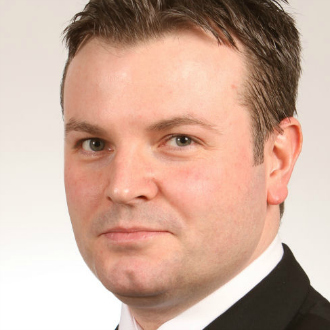General practice is under intense pressure. In recent years funding has been squeezed. Workloads are increasing. And large parts of the system are still reeling from the recent NHS reorganisation.
This isn’t just bad for GPs, who find themselves increasingly overstretched, or for patients, who face longer waits for an appointment or more difficulty seeing their GP, but also for the NHS as a whole. As the primary point of access for most patients, general practice is key to helping people stay healthy and out of hospital and provides cost-effective, world-class care.
Last week Ed Miliband set out Labour’s plans to increase investment in general practice and improve access by ensuring patients have a range of options:
- a same-day consultation – either a telephone consultation with a doctor or nurse, or a same-day appointment if it’s urgent
- an appointment with a GP within 48 hours, or
- the right to book more than 48 hours ahead with the GP or primary care professional of your choice.
He was clear; this is not about a return to a one-size-fits-all 48-hour target but instead offering a range of options to meet different needs. Many patients might use the same-day option or prefer to book ahead further than 48 hours. The right to book ahead with a preferred GP is particularly important to help ensure that patients with long-term conditions or complex needs have continuity of care, which is why we have given equal priority to continuity.
Some surgeries already offer this kind of access. Labour wants to help all surgeries to. So we have committed to invest an extra £100 million a year in general practice, to help ease pressures and support the delivery of these new standards. It will be for surgeries themselves to determine how to use these extra resources and over the next year we will be talking with the profession about the best way to make this extra investment, whether through the contract or as an enhanced service.
At the same time we will make savings by scrapping the competition framework that the Government has put in place, something that many commissioners say is forcing them to put services out to tender and hindering service improvement. There won’t be another reorganisation – we will work with the organisations we inherit, including CCGs – but we will put the right values back at the heart of the NHS.
We know we can’t improve access without more GPs, especially in areas of the country with shortages. The last Labour Government increased GPs to record levels, but numbers have slipped back since 2009/10. Worryingly, the Government is far off meeting its stated goal of 3,250 training places a year.
That’s why GP recruitment will be a priority for Labour. This will require action on a range of fronts: from better promotion of general practice as a career choice to medical students to efforts to support GP returners back to work. There may be a need, too, for specific initiatives to encourage recruitment in under-doctored areas.
There are also many other challenges facing general practice, including theits pivotal role in leading care coordination and managing complex patients, the shift from small organisations to federations or networks, the increasing use of e-health and remote care, the need to invest in improving premises, and the need to improve retention – including through better training and development opportunities for doctors, nurses and other practice staff. Over the next year, Labour wants to work with the profession to help shape a vision for meeting these challenges, one that places primary care right at the heart of the future NHS.
Ultimately, better access to primary care is not only right for patients, but for the whole NHS. It has the potential to help make dramatic savings by reducing the need for more expensive hospital care, as well as improving outcomes and patient experience.
We want our extra £100m investment to help kick-start a virtuous circle of reducing avoidable hospital admissions, and facilitating further investment in primary and community care. That is why general practice is central to Labour’s plan to ensure the NHS survives the pressures ahead.
Jamie Reed MP is shadow health minister and Labour MP for Copeland

















